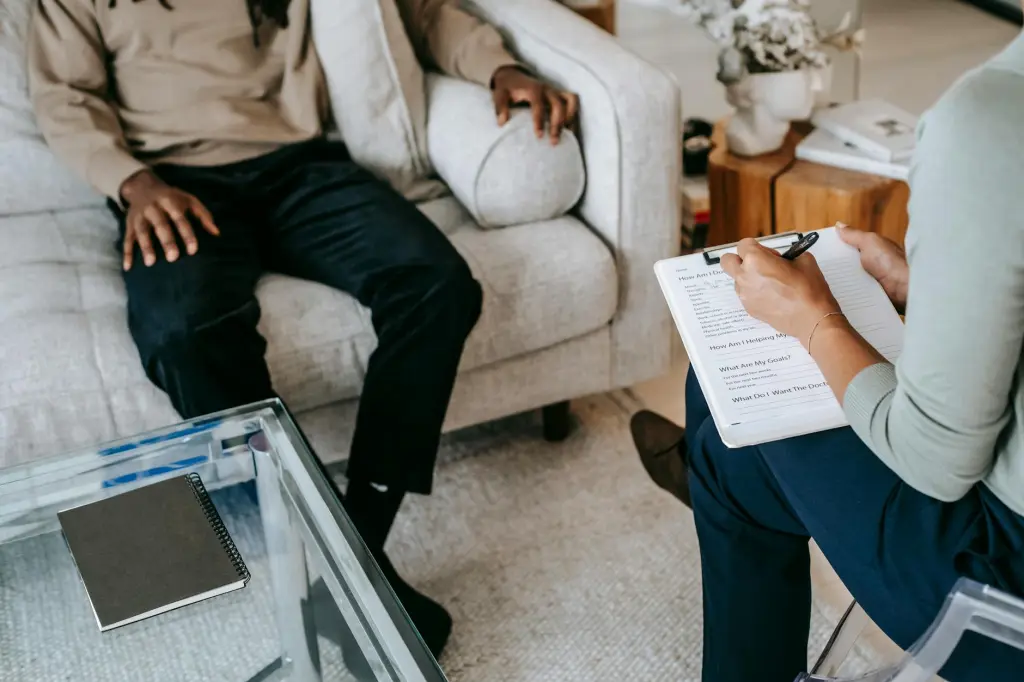Where to Start
Nothing is more important than finding a therapist that you feel like you can trust and feel safe talking to. Research has found that the single biggest impact on clinical outcome is the client and therapist relationship known as the therapeutic relationship (Ardito & Rabellino, 2011). Yes, you heard me right. The modality a therapist uses whether it be CBT, DBT, ACT, or any other approach, influences progress but building a solid therapeutic relationship predicts clinical outcome the most.
Entering the world of therapy can be a daunting and scary thing. We live in a society where we face mental health stigmas and discrepancies in care accessibilities. Finding a therapist can seem impossible even if we have the advantage of looking through what places are covered under insurance. Sometimes we get lucky enough to get a referral or recommendation to a private practice or company that fits our needs.
To give you a head start, here is a list of some places that you can lean on if you’re feeling overwhelmed:
1. PsychologyToday.comhttp://psychologytoday.com
-
-
- – A website that connects you to therapists, social workers, psychiatrists, treatment centers, and support groups. The website is convenient because it allows you to narrow results down based of factors you may feel important to have in a therapist (insurance coverage, gender identity, specific diagnoses/issues, types of therapy, ethnicity served, sexuality, language, faith, and price).
-
2. OpenPathCollective.orgopenpathcollective.org
-
-
- – A website that connects you to therapists that have a sliding scale self-pay price for accessible care for clients who do not have insurance or whose deductibles are not affordable. Open Path Collective is a non-profit network that sets a sliding scale for clients based on the experience level of the therapist. For a student intern therapist, students who are finishing their degree and are practicing under a supervisor, the set rate is $30. For a licensed therapist, the sliding scale is $40-$70 (as of Jan. 2024).
-
3. InclusiveTherapists.comhttp://inclusivetherapists.com
-
-
- – A website that connects you to therapists who have centered themselves around providing inclusive and informed care for clients from a diverse background. You can narrow down your search based off cultural knowledge you would want your therapist to have (i.e. Third Culture Kids, Nonspeaking People and Culture, Jewish Cultures, Indigenous Cultures, Black Culture…), a specific focus (i.e. Black Liberation, BDSM/Kink/Poly-Positive, Decolonization, Disability Justice, Gender Affirming Care, Immigrant Rights/Immigrant Justice, Spiritual/Religious Trauma…), insurance coverage, spoken language, location, provider’s identity, services offered, sliding scale options, specialties, spiritual knowledge, or therapeutic approaches.
-
4. MentalHealthMatch.comhttp://mentalhealthmatch.com
-
- – A website that may take away some of the pressure from having to scroll through a lot of search results. They ask you a series of questions to better understand what you need and matches you with therapists based off these criteria.
Questions to Ask
One of the biggest things I recommend doing is scheduling a consultation phone call with your prospective therapist, if they offer this. This is your opportunity to ask your prospective therapist any questions you may have. You may be thinking, “I don’t even know what questions to ask!!” I’ve got you covered. Here are some of the topics you might want to explore in your consultation with your prospective therapist:
-
- 1. How comfortable are you talking about the identities I hold (age, gender, sexuality, race, ethnicity, nationality, ability, religion/spirituality, and socioeconomic status) and integrating them into our sessions?
-
- 2. How much experience have you had working with my diagnosis, presenting concerns, cultural experience, or identity(ies)?
-
- 3. What is your training or background in?
-
- 4. How do you show up in the room as a therapist?
-
- 5. If I were a fly on the wall during one of your sessions, what would I see?
-
- 6. How communicative are you with clients and how communicative are clients with you?
What to Look for
Once you’ve narrowed down your list of potential therapists and have done consultation phone call, it’s important for you to take time and reflect. Here are some questions for you to think about when picking your therapist or meeting with them for the first time:
-
- 1. Do I want a therapist that will challenge, push, or “call me out” when they are noticing patterns of behavior or commonalities?
-
- 2. Do I want a therapist that shares one of the identities that I hold?
-
- 3. Do I want to be with a therapist that aligns themselves with a specific modality? (Cognitive Behavior Therapy—CBT, Dialectical Behavioral Therapy—DBT, Acceptance and Commitment Therapy—ACT, Internal Family Systems—IFS, Emotion Focused Therapy—EFT, Exposure and Response Prevention—ERP)
-
- 4. How do I want my therapist to show up in the room? Do I want them to be warm and gentle? Do I want them to be more direct?
-
- 5. What is going to make me feel safe and comfortable and what does that look like in a therapist?
-
- 6. How do I feel when talking to this person? How do I feel when they respond to me?
The last thing I will leave you with is this, pick the therapist that makes you feel most supported and seen. If ever you are having second thoughts or feeling like things are off, let your therapist know. This is your space for you to put in what you want and get out what you need.
References
Ardito R.B., Rabellino, D. Therapeutic alliance and outcome of psychotherapy: historical excursus, measurements, and prospects for research. Front Psychol. 2011 Oct 18;2:270. doi: 10.3389/fpsyg.2011.00270. PMID: 22028698; PMCID: PMC3198542.




